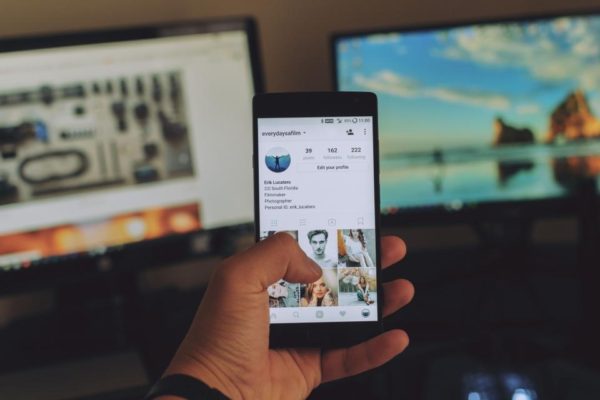Next, it had proved that how little power we (the users) have over our personal information stored and operationalized by all the social media networks. Blockchain Can Return Content Ownership Back to Users It’s easy to see how a social network like Facebook makes money. Even though their profitability models are different, with Facebook and LinkedIn (along with most other social media platforms) the result is the same. Designed as professional network similar to LinkedIn, Indorse leverages blockchain to allow users to remain in control and profit from sharing their data and being active on the platform. Once a claim is ‘indorsed’ the users platform score increases. How You Can Act Now If you are content-centered business, you can benefit from the blockchain technology in a similar fashion. Online publishers relying on user-generated content (UGC) and contributed stories can reward the most active users with platform tokens as well (tied to advertising revenues). Businesses across different niches often struggle with protecting their copyrighted materials online. How You Can Act Now If you want to safeguard a certain piece of content you have created, you will need to claim your ownership on the blockchain. Furthermore, it can create effective mechanisms to reward contributors for the content they produce rather than simply profiting from it.

Social media has always been viewed as an “open space” for communications and idea sharing. However, the latest hearings about the Cambridge Analytica wrongdoings might have been rather eye-opening. First, they have showed just how easy it is to manipulate people’s opinion on an enormous scale online. Next, it had proved that how little power we (the users) have over our personal information stored and operationalized by all the social media networks.
What’s more curious though is that Mark Zuckerberg may not be actually that fond of holding such immense data about Facebook’s users. Earlier this year, he published a lengthy post on his intentions for upcoming year. Here is one of the statements made,
“Many people now believe technology only centralizes power rather than decentralizes it. There are important counter-trends to this –like encryption and cryptocurrency — that take power from centralized systems and put it back into people’s hands.”
It’s hardly an announcement, but it definitely appears to be a nod towards the potential benefits of using blockchain technologies in creating safer and more trustworthy social media spaces. And the opportunities for improvement are plentiful.
Blockchain Can Return Content Ownership Back to Users
It’s easy to see how a social network like Facebook makes money. Simply put, they sell advertising. Have you ever wondered how a social platform geared towards professionals makes a profit? In the case of LinkedIn, profitability comes from premium subscriptions, specialized services offered to recruiters and corporations, and online education.
Even though their profitability models are different, with Facebook and LinkedIn (along with most other social media platforms) the result is the same. Users provide lots of content and data and the centralized network profits from it.
The big questions, however, is that – why users are in no way benefiting from providing their personal data to advertisers? Well, Indorse plans to disrupt that at least in the career niche. Designed as professional network similar to LinkedIn, Indorse leverages blockchain to allow users to remain in control and profit from sharing their data and being active on the platform. Participants can claim accomplishments or skills that are then validated by other users of the platform. Once a claim is ‘indorsed’ the users platform score increases. Users also receive points for verifying claims. The scores are then used to purchase tokens known as IDS. The value of these are based upon advertising revenues for that quarter and users can choose to cash those out whenever they feel like to. So far the company was able…

COMMENTS